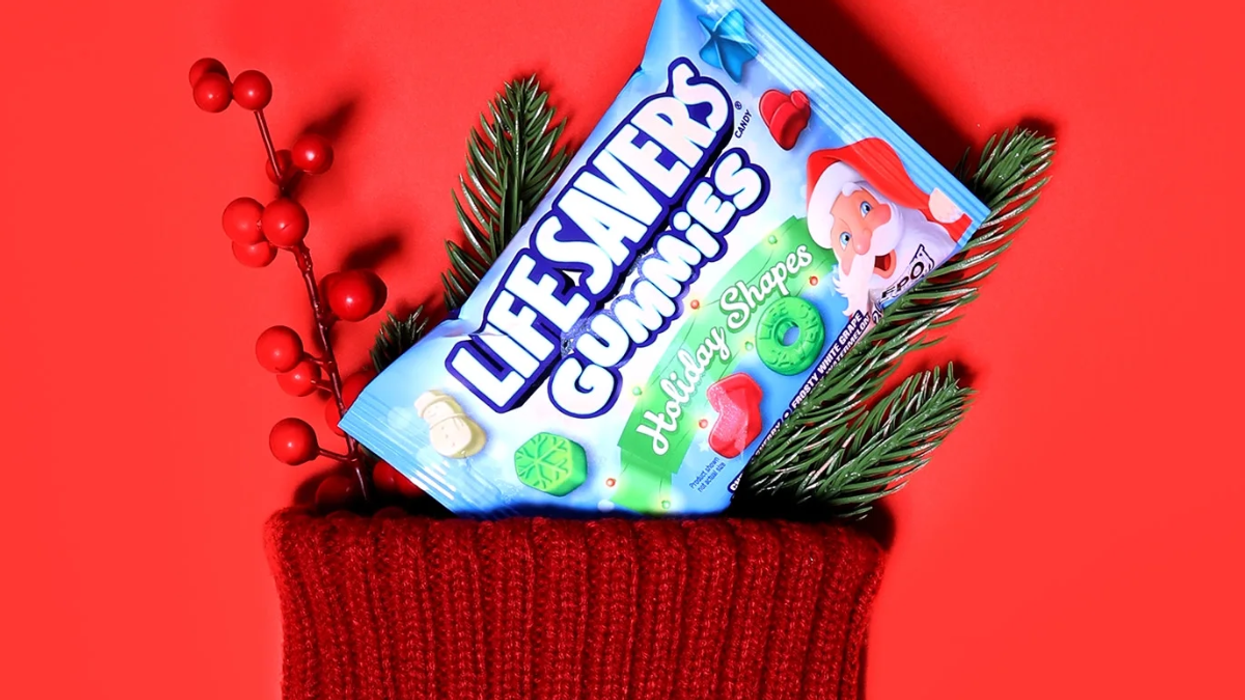Run by these!
6 Things to Consider Before Signing Up for a Long-Distance Race

By Annamarie HigleyFeb 10, 2019
Annamarie Higley
Annamarie is a Californian who's been plopped in the middle of Missouri for her undergraduate studies in magazine journalism. She's a hiker, an eater, a lover of words. In her opinion, nothing beats a well-made breakfast sammy or a well-crafted sentence.
It’s a marathon, not a sprint… And that’s before you even get to the race itself. We’re talking about the decision-making process that’s a necessary prerequisite to hitting submit on the registration form. Running a longer-distance race — such as a marathon, half-marathon, or a 10K — requires even more dedication than most would initially suspect, so there’s lots to consider, even aside from deciding whether you’d rather wrap in a trip to Walt Disney World or Disneyland, picking which training plan is the perfect fit for you, and gearing up. We spoke with six experienced marathoners and professional fitness buffs about what you need to take into account before you commit.
<em>All</em>
 “The entry fee is just the tip of the financial iceberg of running a [race]. While you certainly don’t need all the fancy, gorgeous running clothes you see other runners wearing, a good pair of shoes is a must. [For a full marathon], you’ll want at least two pairs of shoes for training and then a third pair of shoes to break in just before the race that you will wear on race day itself. Shoes alone will cost more than $300. Add in a few pairs of quality socks, and there’s another $50. There is also the cost of training nutrition and bigger grocery bills. You will eat more when training for a marathon!” (Karen Shopoff Rooff, health coach and owner of Running on Balance)
“The entry fee is just the tip of the financial iceberg of running a [race]. While you certainly don’t need all the fancy, gorgeous running clothes you see other runners wearing, a good pair of shoes is a must. [For a full marathon], you’ll want at least two pairs of shoes for training and then a third pair of shoes to break in just before the race that you will wear on race day itself. Shoes alone will cost more than $300. Add in a few pairs of quality socks, and there’s another $50. There is also the cost of training nutrition and bigger grocery bills. You will eat more when training for a marathon!” (Karen Shopoff Rooff, health coach and owner of Running on Balance)
“The physical time of training for the [race] is pretty big. Depending on pace, you’re looking at approximately five to eight hours per week in just running time. Layer in recommended cross-training, stretching, and potentially massages and physical therapy to keep your body happy, and you kind of have a part-time job. Running long is fatiguing, which means you need longer sleeps at night and post-run naps. Really look at your life and lifestyle and consider whether this is something you’re ready for right now.” (Gillian Goerzen, fitness and nutrition coach at
 )
)
The Latest
Make Your Inbox Your Happy Place
Get freebies, inspo, & more delivered to you.

















